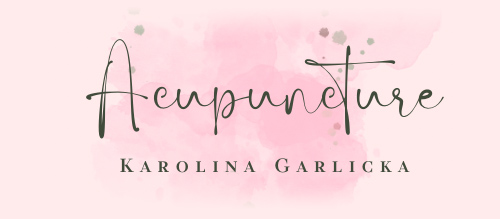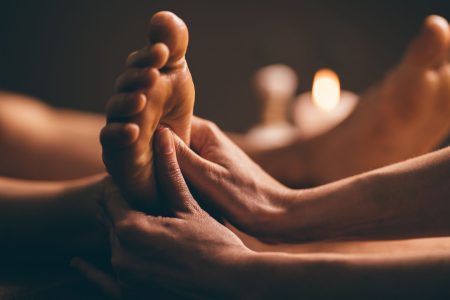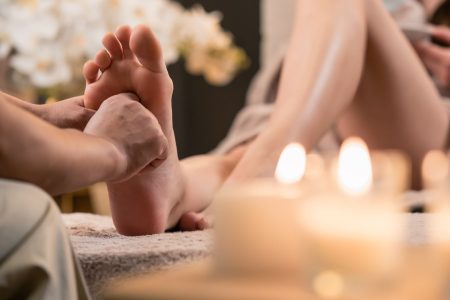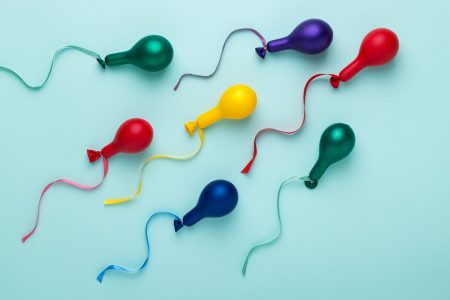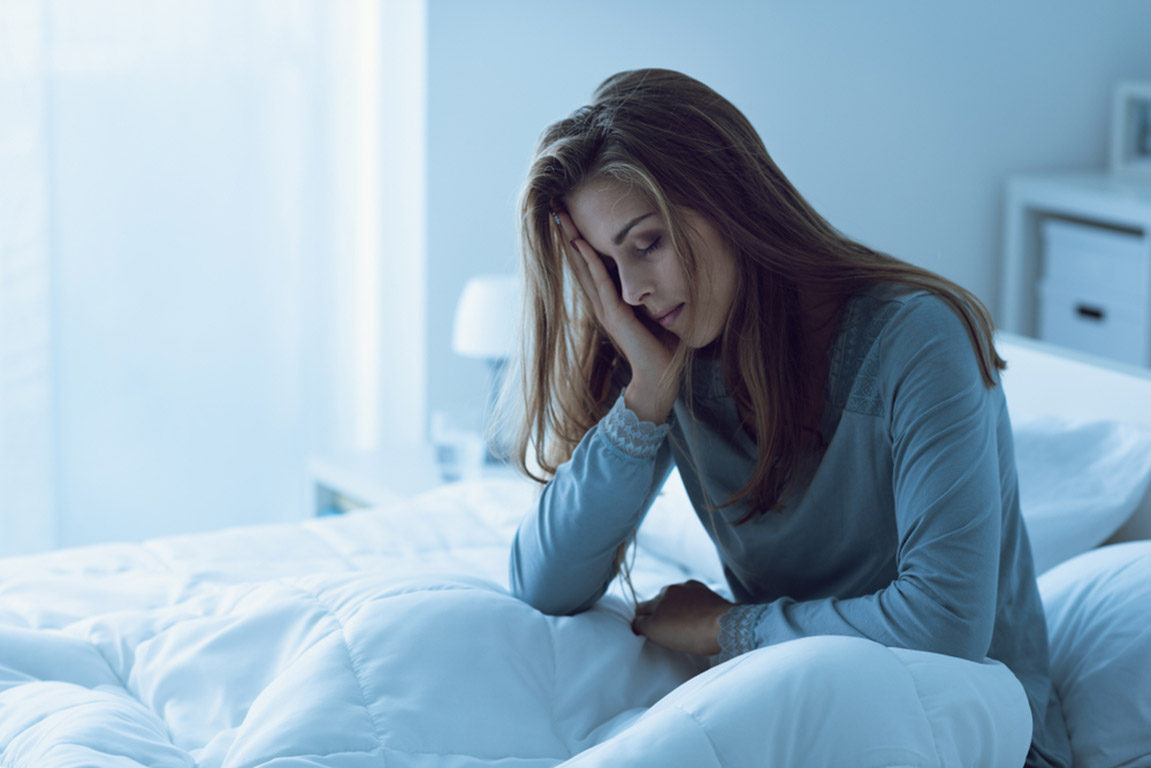
Acupuncture for Insomnia
Acupuncture for insomnia and other sleep problems in Henley on Thames
If you’re looking for an alternative treatment of acupuncture for insomnia, it is worth considering.
For those suffering from insomnia, searching for a cure can feel like an endless nightmare. It is a serious problem that can hurt every aspect of your life. Not getting a good night’s sleep can lead to fatigue, irritability, and difficulty concentrating. It can also put you at risk for accidents and health problems.
What Is Acupuncture Treatment, And How Does It Work?
Acupuncture for insomnia is a type of traditional Chinese medicine that has been used for centuries to treat various ailments. It involves the insertion of thin needles into specific points on the body. These points are believed to be connected to the flow of energy, or qi, in the body.
Acupuncture promotes healing by correcting imbalances in the flow of qi. It is thought to improve sleep by relieving stress and anxiety and improving the nervous system’s function.
As per traditional Chinese medicine practitioners, there are more than 2,000 acupuncture points on the human body. These points are connected by energy pathways called meridians. It is believed that stimulating these points can help to regulate the flow of energy and promote healing.
Benefits of Acupuncture For Sleep
Acupuncture is a popular and effective way of treating insomnia and other sleep disorders. It can help to improve sleep quality and reduce symptoms of anxiety and depression. It is also an effective treatment for pain, restless legs syndrome, and other conditions.
There are no drugs or surgery involved in acupuncture for insomnia. It is a safe and gentle treatment that has been used for thousands of years.
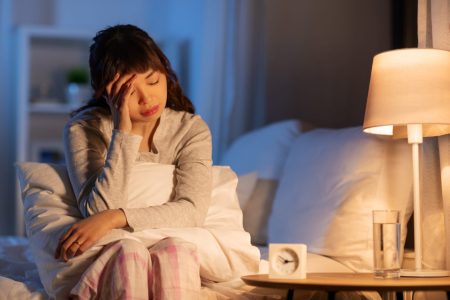
How Many Acupuncture Sessions Are Needed For Insomnia?
Acupuncture is a promising treatment for insomnia, with most people experiencing significant improvements after just a few sessions. For temporary or primary insomnia, 3-4 sham acupuncture sessions may be all that’s needed to promote better sleep.
However, multiple sessions and treatment courses may be necessary for chronic insomnia. The number of sessions required varies from person to person and depends on the condition’s underlying cause. Also, the frequency of sessions may need to be adjusted according to the response to treatment. The practitioner may consider insomnia severity index and sleep duration.
Where Are The Acupuncture Points For Insomnia?
A few different pressure points can be stimulated to help treat insomnia. They are located in different places on the body.
An Mian: Located behind the ear, 1 cm from the middle, it can help alleviate symptoms of insomnia, headaches, and anxiety. You need to apply pressure to this point for 10-20 seconds.
San Yin Jiao: With the nickname SP6, this point is located on the inner ankle and helps with urination, menstrual pain, and other pelvis-related issues—all of which can disrupt sleep.
Tai Chong: Also known as LV3, this point is between the big toe and second toe and can be used to reduce high blood pressure, increase blood circulation, and lower anxiety.
Yin Tang:, is located between the eyebrows and helps reduce high blood pressure, stress, and tension—factors that can all impact sleep quality.
Inner Frontier Gate: PC6, or pericardium 6, is located on the inner forearm. To find it, place two fingers on your wrist from your palm and aim for the middle of the wrist. Apply pressure for about one minute. This point helps with nausea and vomiting.
According to the office of national statistics, 29% of UK adults experience sleep problems. Modern research indicates that acupuncture for insomnia can affect the brain to reduce the effects of stress and anxiety, which is a common cause of Insomnia.
Signs of Insomnia:
- Difficulty getting of to sleep
- Difficulty staying asleep
- Frequent waking up at night
- Dream disturbed sleep
How does acupuncture help with insomnia?
Acupuncture is believed to stimulate the nervous system, by releasing neurochemical messenger molecules promoting physical and emotional well being.
Stimulation of certain acupuncture points has been shown to affect areas of the brain that are known to reduce sensitivity to pain and stress, as well as promoting relaxation and deactivating the ‘analytical’ brain, which is responsible for insomnia and anxiety.
There is good evidence to show that acupuncture treatment can help with insomnia. There is no simple explanation for how it works, but the list below gives a few ideas:
- Increasing nocturnal melatonin secretion
- Reducing sympathetic (stress related) nervous system activity
- Regulating the brain’s mood chemistry to help to increase relaxation
Acupuncture can be safely combined with conventional medical treatments for insomnia.
Acupuncture treatment for insomnia
With so many benefits, it’s no wonder that acupuncture is becoming a popular treatment of insomnia and sleep efficiency. If you are looking for an alternative medication, acupuncture may be a good option. Remember to consult a licensed practitioner to ensure you get the best possible care.
Contact me to find out more.
